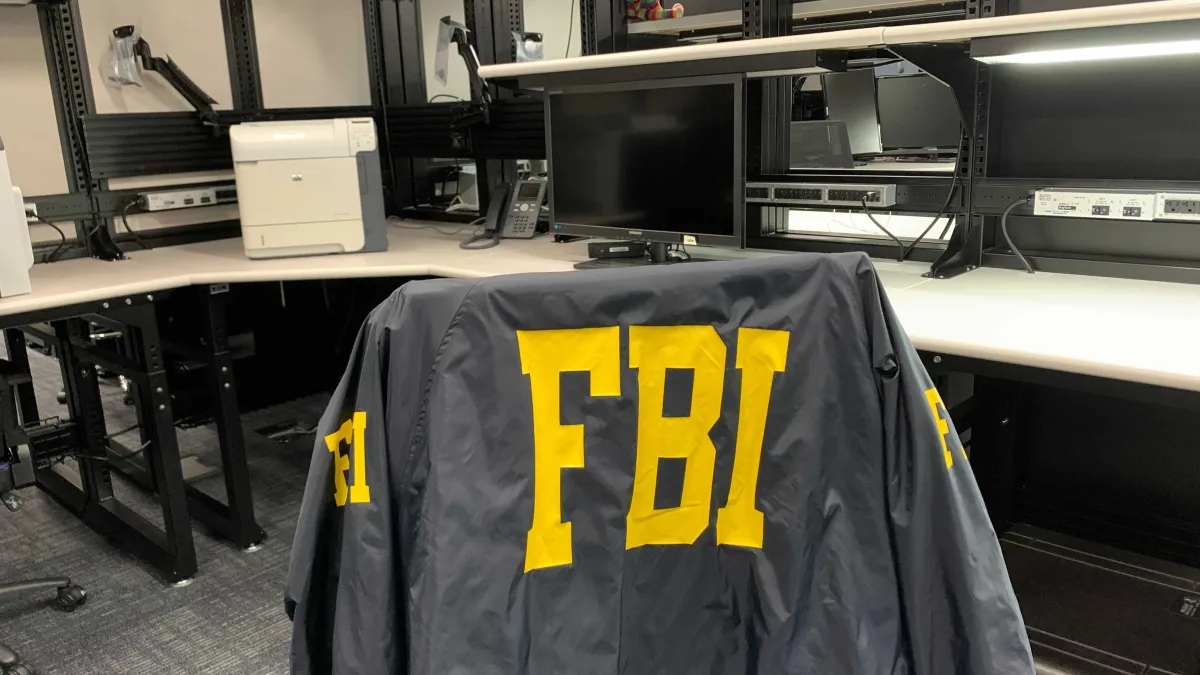In a move that has reignited the global privacy vs. security debate, the FBI has formally declared its intent to access encrypted data from iPhones, Android devices, and cloud backups. The bureau emphasized the need for “lawful access” — a court-authorized ability to access encrypted digital evidence — citing the urgency to thwart online threats, arrest criminals, and protect victims.
Currently, companies such as Apple, Google, and Meta maintain strict encryption protocols that even court orders cannot override. The FBI warns that this “warrant-proof encryption” creates a public safety crisis.
“We cannot protect American families if law enforcement is locked out of the evidence,” the agency said.
The U.S. is not alone in this effort. A growing number of countries, including the United Kingdom, Australia, Brazil, and India, are also pursuing legal and technical pathways to access encrypted communications.
Privacy Backlash in Europe: Court Battles and Civil Liberties at Stake
Europe’s stance has mirrored that of the U.S. — albeit with more caution. A recent move by the U.K. to covertly access iPhone backups triggered legal action from Apple, underscoring the tension between privacy rights and national security.
ALSO READ: FCRF Launches Campus Ambassador Program to Empower India’s Next-Gen Cyber Defenders
The Center for Democracy and Technology (CDT), an influential U.S.-based nonprofit, warned that undermining encryption “weakens the very foundation of secure communications.” Critics argue that even lawful access could become a slippery slope, ultimately weakening global cybersecurity.
The European Union, through its ProtectEU initiative, is developing new frameworks for lawful access. While it purports to balance citizen safety and privacy, civil liberty groups remain unconvinced. “Any move to weaken encryption — even in the name of security — is a threat to the entire digital ecosystem,” said a CDT representative.
A Digital Crossroads: Law Enforcement Tools vs. Public Trust
According to Henna Virkkunen, the European Union’s EVP for Technological Sovereignty, more than 85% of investigations require access to encrypted data. “We can’t protect citizens if law enforcement lacks the tools to work in this digital world,” she said.
Still, experts warn that inserting any kind of ‘backdoor’ — even under legal oversight — could be exploited by bad actors. WhatsApp, known for its staunch defense of encryption, is simultaneously launching its largest-ever marketing campaign to raise awareness about the importance of secure communication.
As lawmakers and law enforcement press for access, big tech companies brace for more confrontation. “The battle lines are drawn,” said a privacy researcher, “and it’s not just about national security — it’s about the soul of the internet.”

